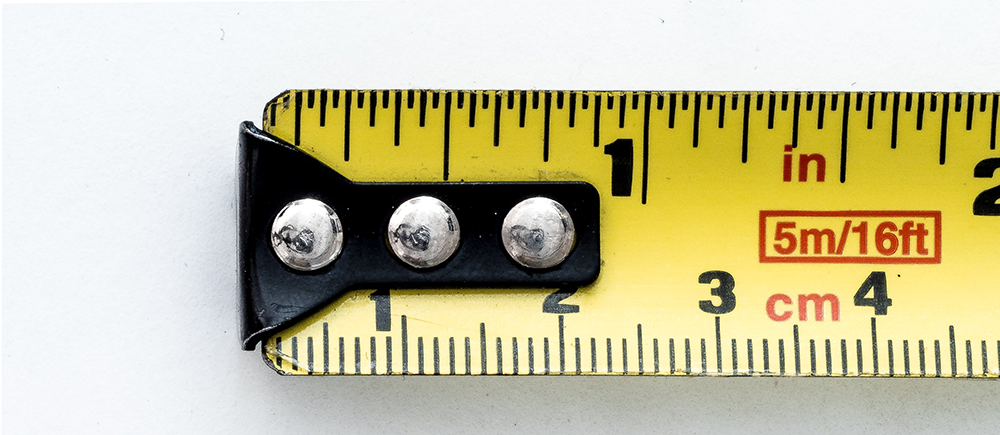
As a tradie, you are largely dependent on your physical ability to earn a living. So, what would happen if you fell ill or had an accident? Would you be able to continue your current lifestyle?
Most tradies work in a far more dangerous environment than any white-collared worker, so the chances of an accident are greater. A report by a major Australian insurer in 2017 showed that the occupations with the most insurance claims are carpenters and electricians.i
Cover for the self employed
To make the topic of insurance even more critical for tradies, many are self employed. So if you were unable to work, the impact would be even greater than if you worked for a major organisation.
With no sick pay, no other leave entitlements and possibly no workers compensation cover, an accident on the job can have a ripple effect. You and your family could be forced to dip into personal savings to cover medical and other bills at the same time as your business is not bringing in income.
If you are a sole trader, it’s also likely you won’t have workers compensation insurance which is paid by employers. Many employers expect contractors to provide their own insurance cover.ii
Even where you are covered by workers’ compensation, it usually only covers injuries sustained on the job or travelling due to work so it’s generally advisable to have income protection in place as well.
Replacing your income
Income protection insurance typically replaces up to 85 per cent of your income for a specified period.
This means you would have the money to pay your bills, your mortgage, your health care, the children’s education and general day-to-day living expenses.
Unfortunately, because tradies are more likely to make a claim than white collar workers, you do face higher premiums for income protection. For example, a survey by Insurance Watch estimated plumbers pay double the amount in premiums compared to accountants.iii
Yet despite the cost, having adequate cover may well be worth it if you suffer an accident or an illness that prevents you from working for a time.
Fine tune your policy
One way to keep a lid on costs is to shop around and get the cover that most suits your individual needs.
For instance, how long would you want to wait before you started receiving insurance payments. Could you manage 90 days without a payment or is 14 or 30 days a better option? The shorter the waiting period, the higher the premium.
Another consideration is the length of time you would want to receive payouts. The longer the payment period, the higher the premium. Many policies offer cover for two to five years, but what if you are 30 and can no longer work? That’s a long time until you retire! There are policies, albeit more expensive, that will pay you until you turn 65.
It’s also important to check that you are covered for “own” occupation and not for “any” occupation under your policy.
If your policy stipulates “any” occupation, then you will not be able to make a claim if there are other occupations you can do, which may not pay as well as your current employment. If you have “own” occupation listed and you are a plumber, for example, then unless you can still work as a plumber you can make a claim.
Choose appropriate cover
Although it may be tempting to take out a cheaper accident and illness policies offered through general insurance, it could be a false economy. Such policies are not guaranteed renewable. Every year you’ll need to be reassessed, so it could prove a false economy if you developed a medical condition and couldn’t renew.
If you already have a pre-existing health condition, you could consider an income protection policy offering accident-only cover.
Income protection insurance is often dismissed as a luxury until you actually need it. You would not think twice about insuring your ute should something happen to it, so why think twice about insuring your ability to earn an income should something happen to you.
Want to discuss more?
We work closely with an Insurance Broker and Financial Planner, who has some really great advice and deals. If you are a current client of ours we are more than happy to pass on his details, let us know if you would like them!
Learn more tips for optimising your business
There are many tricks to the trade, and if you want to make the most of them to grow your business, jump into our email newsletter:
This article was written by a third party.
i http://www.onepath.com.au/public/pdfs/L2197_ma_gli_claims_flyer.pdf
ii https://www.tradesinsurance.com.au/what-tradies-need-to-know-about-workers-compensation/
iii https://www.insurancewatch.com.au/income-protection-for-tradies.html









